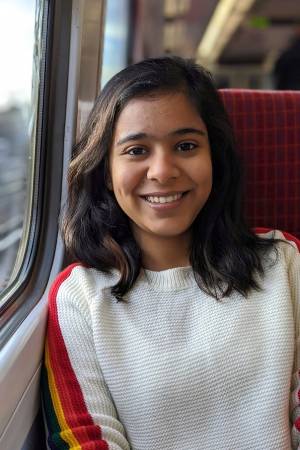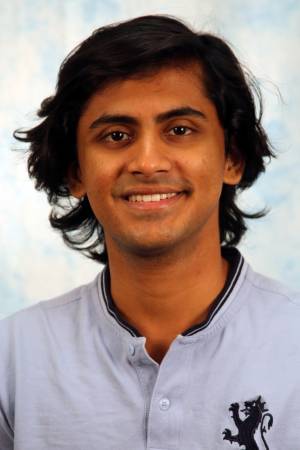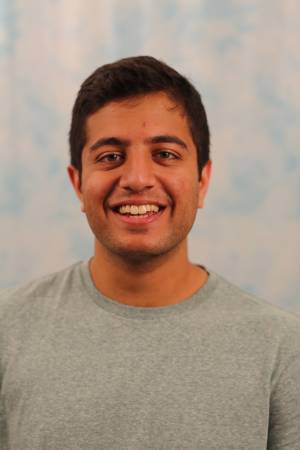MSR Thesis Talk: Tianyuan Zhang
Title: Surface Ripples: Analyzing Transient Vibrations on Object's Surfaces Abstract: The subtle vibrations on an object's surface contain information about its physical properties and interaction with the environment. Prior works imaged surface vibration to recover the object's material properties via modal analysis, which discards the transient vibrations propagating immediately after the object is disturbed. In this [...]
MSR Thesis Talk: Anurag Ghosh
Title: Learned Two-Plane Perspective Prior based Image Resampling for Efficient Object Detection Abstract: Real-time efficient perception is critical for autonomous navigation and city scale sensing. Orthogonal to architectural improvements, streaming perception approaches have exploited adaptive sampling improving real-time detection performance. In this work, we propose a learnable geometry-guided prior that incorporates rough geometry of the [...]
MSR Thesis Talk: David Russell
Title: Using Drones and Remote Sensing to Understand Forests with Limited Labeled Data Abstract: Drones and remote sensing can provide observations of forests at scale, but this raw data needs to be interpreted to further scientific understanding and inform effective management decisions. This thesis studies two problems under the realistic constraint of limited domain-specific training [...]
MSR Thesis TallK: Aarrushi Shandilya
Title: Lights, Camera, Render: Neural Fields for Structured Lighting Abstract: 3D scene reconstruction from 2D image supervision alone is an under-constrained problem. Recent neural rendering frameworks have made great strides in learning 3D scene representations to enable novel view synthesis, but they struggle to reconstruct geometry of low-texture regions or from sparse views. The prevalence of active [...]
Building 4D Models of Objects and Scenes from Monocular Videos
Abstract: We explore how to infer the time-varying 3D structures of generic, deformable objects, and dynamic scenes from monocular videos. A solution to this problem is essential for virtual reality and robotics applications. However, inferring 4D structures given 2D observations is challenging due to its under-constrained nature. In a casual setup where there is neither [...]
MSR Thesis Talk: Anirudha Ramesh
Title: Learning to See in the Dark and Beyond Abstract: Robotic Perception in diverse domains such as low-light scenarios remains a challenge, even upon the employment of new sensing modalities like thermal imaging and specialized night-vision sensors. This is largely due to the high difficulty in obtaining labeled data for certain tasks. In this work, [...]
MSR Thesis Talk: Mateo Guaman Castro
Title: Self-Supervised Costmap Learning for Off-Road Vehicle Traversability Abstract: Estimating terrain traversability in off-road environments requires reasoning about complex interaction dynamics between the robot and these terrains. However, it is challenging to build an accurate physics model, or create informative labels to learn a model in a supervised manner, for these interactions. We propose a method [...]
TBA
Learning to Manipulate Using Diverse Datasets
Abstract: Manipulation is a key challenge in the robotic fields that impedes the deployment of robots in real-world scenarios. While notable advancements have been made in solving high/mid level planning problems, such as decomposing tasks (e.g. "bring me a bottle") into primitives (e.g. "pick up bottle"), the acquisition of fundamental manipulation primitives remains a difficult [...]








